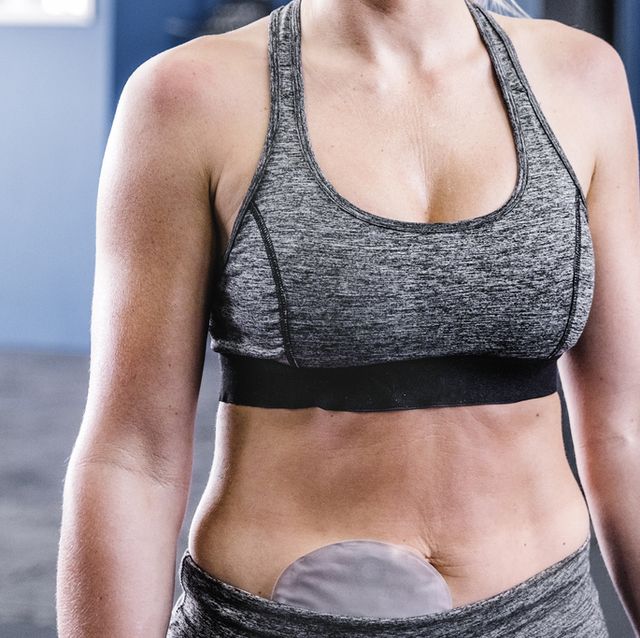- Long term CRC survivors need temporary or permanent ostomies -> requiring the use of ostomy equipments and stoma bags
- Parts of their intestines are removed and the remaining part is attached to an opening in abdoment where feces are discharged
- More documented treatment-related challenges among survivors
- Ostomies result in complex emotional, social and physical concerns
- Adjustment to managing uncontrollable bowel movements is compared to second period of toilet training -> compromises adulthood
- Erosion of adulthood due to physical disability
- Relationships and sexual concerns
- Surviving CRC with ostomy disrupts identity and adulthood -> loss of embodied self control
- ostomy interferes with social roles and ideals
- Western culture involves self responsibility
- Narratives enables survivors to create continuity that reconnects them to social and cultural worlds
- Hence why literature and art produced by cancer patients and survivors are so important
- Cancer is very isolating and creating narrative is a way to reconnect
I didn’t feel like I was a person any more. I felt more like a non-person, you know, because you’ve got these things on you and then you’ve got this attachment, and not knowing how to care for this. We’d go places and we’d have to come home because I’d like overflow. … I guess that’s all in not knowing how to care for it.
A 62 year old divorced, ethnically mixed Filipina woman, discussing her difficulties and how they relate to personhood degradation.

- The women interviewed had common themes of technical difficulties, trial and error and the steep learning curve required to get used to living with an ostomy bag
- Different techniques for regulating bodily functions and gaining control to realign with the ‘normal’ world to fit in and feel ‘normal’
- Irrigation
- Regulating timing of foods and dietary modifications
- Reflections
- Incorporate research similar to this study into nursing and other spheres of care -> rehabilitation efforts and follow-up efforts with health professionals to support these individuals
- More interventions could help survivors living with impairments
- Representations and discussions of ostomy procedures and bag can help make the process visible and negate stigma, such as this photoshoot


